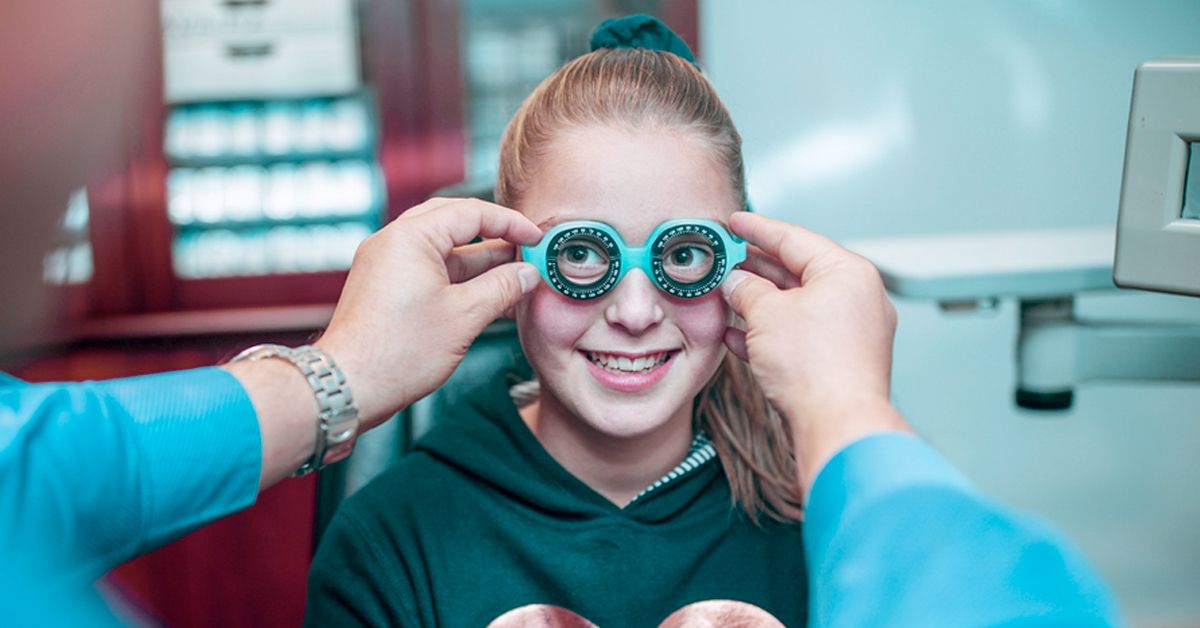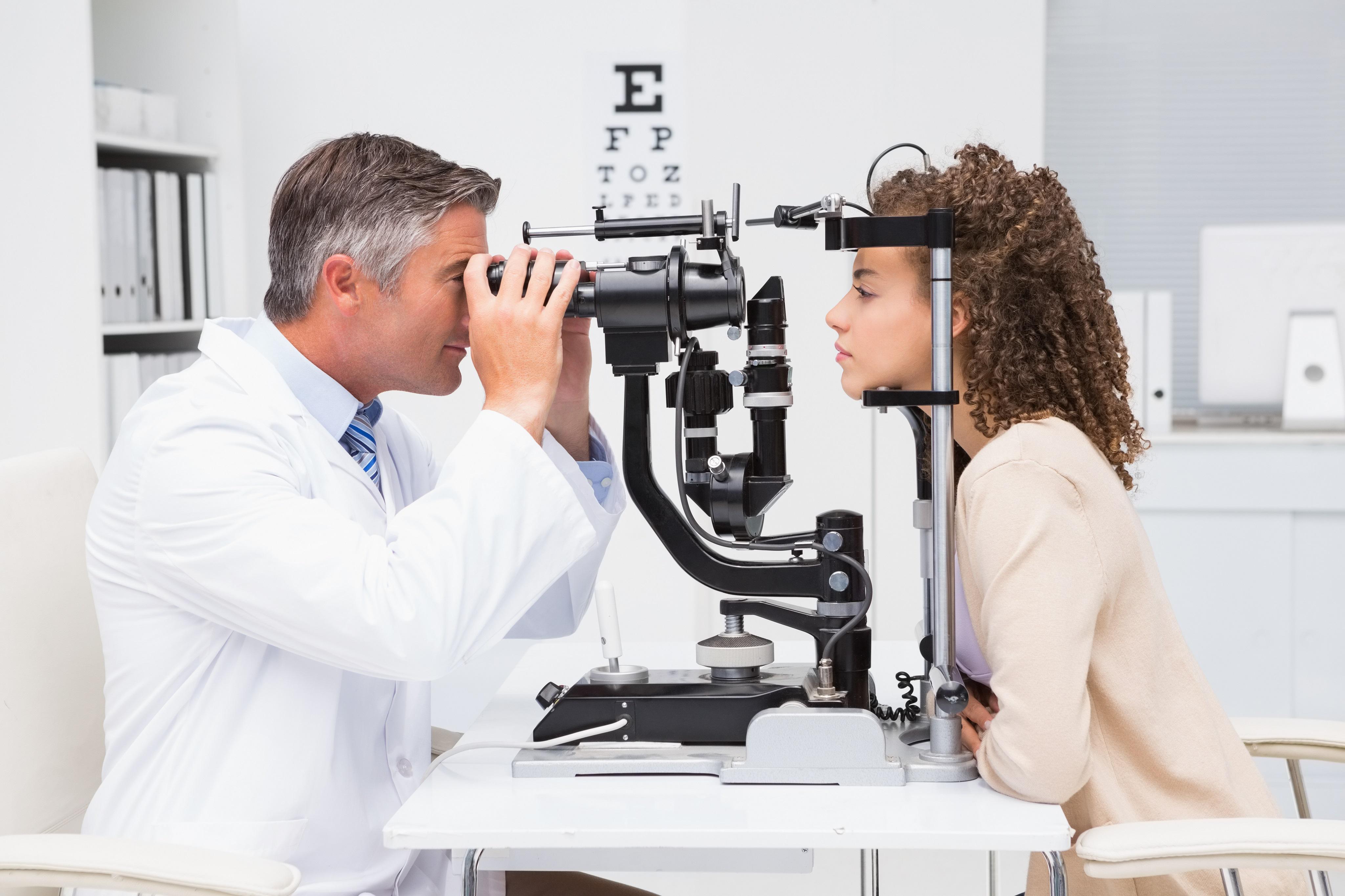Neurologist in Andalusia: Advanced Brain Health Solutions at Our Clinic
Neurologist in Andalusia: Advanced Brain Health Solutions at Our Clinic
Blog Article
Is Refractive Surgery Right for You? Aspects to Take Into Consideration for Better Eyecare
In the realm of eye treatment, the choice to undertake refractive surgery is a significant one that demands thoughtful consideration. From the intricacies of one's ocular health to the intricacies of daily habits and individual assumptions, each aspect holds significance in the more comprehensive landscape of refractive surgical procedure candidateship.
Eye Health And Wellness Assessment
When thinking about refractive surgery, a comprehensive eye wellness examination is vital to examine the suitability of the treatment for each and every individual. cardiologist andalusia. This analysis includes a series of examinations and evaluations carried out by an eye care specialist to identify the overall wellness of the eyes, the presence of any kind of underlying problems, and the stability of the refractive mistake
During the assessment, different elements are thought about, such as the individual's medical background, current eye prescription, corneal density, pupil size, and tear movie high quality. These analyses assist to recognize any type of contraindications to refractive surgery, such as corneal irregularities, cataracts, or neglected eye infections. In addition, the assessment aids to manage individual expectations relating to the potential end results of the surgery based on their one-of-a-kind eye qualities.
Eventually, the eye wellness evaluation is vital in making sure the safety and effectiveness of refractive surgical treatment, as it provides important understandings right into the person's eye wellness status and helps establish the most appropriate treatment choices for accomplishing optimum aesthetic results. (eye doctors in andalusia)
Way Of Life Evaluation
A complete way of life evaluation is important in establishing the viability of refractive surgical treatment for a person's visual adjustment needs. Lifestyle variables such as occupation, hobbies, and day-to-day tasks play a vital function in the decision-making process regarding refractive surgery. People with occupations that involve a high level of physical task or exposure to ecological aspects may have different aesthetic demands compared to those with less active desk jobs. Recognizing exactly how an individual's way of life may influence their vision post-surgery is vital for managing assumptions and guaranteeing optimum results.
In addition, lifestyle routines such as sports involvement, exterior activities, and even skin care regimens can influence the healing procedure and overall success of refractive surgical treatment. For instance, people who engage in call sporting activities may need to take additional preventative measures to protect their eyes during the healing duration. In addition, individuals with extensive sun exposure may need extra post-operative like stop difficulties. By conducting a detailed way of life evaluation, eye treatment experts can customize their referrals and therapy strategies to satisfy the special demands of each person, inevitably bring about boosted visual outcomes and complete satisfaction.
Assumption Positioning

Setting realistic expectations entails complete pre-operative discussions between the patient and the eye doctor. The specialist must transparently interact the prospective dangers, benefits, and restrictions of the treatment (cardiologist andalusia). Patients need to comprehend that while lots of individuals attain 20/20 vision or better following refractive surgery, some might still require glasses for sure activities like analysis or driving at night. Taking care of these expectations aids protect against frustration and dissatisfaction post-surgery, causing a more favorable overall experience for the individual.
Risk Evaluation

Aspects that may enhance the danger of problems consist of age, particular clinical conditions like autoimmune conditions, unstable vision prescription, slim corneas, and impractical client assumptions. In addition, choosing a seasoned and experienced specialist, adhering to pre and post-operative treatment instructions vigilantly, and revealing any kind of relevant case history can assist minimize risks.
To reduce the probability of difficulties, ophthalmologists conduct extensive pre-operative analyses to recognize any contraindications to surgery. They also talk about the prospective dangers and advantages with individuals throughout the appointment process. By involving in open communication and shared decision-making, both the client and the ophthalmologist can interact to identify if refractive surgery is the best choice based upon specific risk profiles and wanted results.
Assessment Value
Taking into consideration the essential role of educated decision-making in evaluating dangers and possible problems in refractive surgery, the assessment process learn this here now holds considerable importance in directing patients in the direction of optimal outcomes. Throughout the appointment, the ophthalmologist examines the patient's eye health and wellness, refractive mistakes, and general viability for surgery. This preliminary assessment is critical in identifying one of the most ideal treatment for each and every person, taking right into account factors such as corneal density, student size, and existing eye conditions.
In addition, the assessment offers as an opportunity for individuals to review their assumptions, issues, and any questions they might have pertaining to the surgical procedure. Clear communication between the individual and the surgeon is necessary to guarantee practical assumptions and a thorough understanding of the prospective dangers and benefits entailed.
Additionally, the appointment allows the doctor to discuss the various medical options available, their corresponding outcomes, and the post-operative treatment called for. This extensive conversation equips clients to make knowledgeable decisions regarding their eye care, bring about much better complete satisfaction and results post-surgery.
Final Thought
Finally, individuals thinking about refractive surgical treatment ought to go through a comprehensive eye health and wellness examination, assess their way of living practices, straighten their assumptions with possible outcomes, analyze the connected risks, and prioritize assessments with eye care professionals. These variables play an essential role in figuring out the viability of refractive surgical treatment for every person, guaranteeing ideal results and satisfaction with the procedure.
Clients taking into consideration refractive surgical treatment typically have high expectations concerning the results, anticipating ideal vision without the need for glasses or contact lenses. While refractive surgery can significantly boost vision and decrease dependence on aesthetic aids, it is essential click reference for patients to understand that results might vary based on individual factors such as the level of refractive mistake, corneal density, and general eye wellness.
By engaging in open communication and shared decision-making, both the patient and the ophthalmologist can function with each other to determine if refractive surgery is the best choice based on specific danger profiles and preferred outcomes.
Considering the crucial role of educated decision-making in examining risks and possible complications in refractive surgical procedure, the consultation procedure holds substantial relevance Going Here in leading clients towards optimal outcomes. Throughout the assessment, the eye doctor examines the individual's eye health, refractive errors, and total suitability for surgical procedure.
Report this page